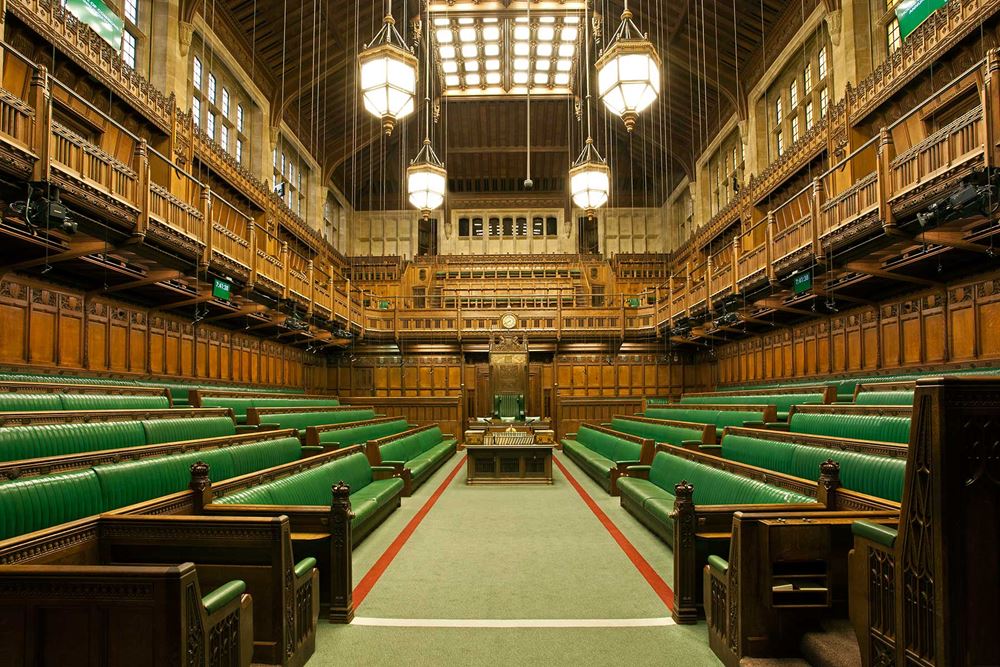A number of constituents have contacted me about the issue of wildlife crime.
I fully understand and share the deep concern about the increasing incidents of wildlife crime in our country, as well as the low conviction rates and seemingly insufficient penalties for those responsible for these heinous acts.
Those contacting me are right that wildlife crime, such as illegal hunting, badger baiting, and fox hunting, are not victimless crimes. These actions harm vulnerable animals, disrupt delicate ecosystems, and rob our communities of their natural heritage. It is crucial that we as a society send a clear message that such cruelty and disregard for wildlife will not be tolerated.
In response to the concerns of. my constituents, I would like to reassure residents that the UK has made significant strides in recent years in toughening penalties for animal cruelty. The Animal Welfare (Sentencing) Act 2021 has already introduced stricter punishments for those who harm animals, raising the maximum prison sentence for animal cruelty from six months to five years. This Act also allows offenders to face an unlimited fine alongside imprisonment, ensuring that the penalties for animal cruelty are among the harshest in Europe.
While the Act specifically addresses animal cruelty, its principles can also be applied to wildlife crime. These tougher sentencing options represent a substantial step forward in providing the courts with the ability to impose severe penalties on those who engage in activities such as illegal hunting or the mistreatment of wildlife. The goal is to ensure that these crimes do not go unpunished and that those responsible are held accountable for their actions.
That said, I recognise that while the law is moving in the right direction, there are still significant concerns surrounding enforcement and the success rate of prosecutions. As people have mentioned, thousands of wildlife crimes are reported every year, but many of these cases do not result in a conviction. It is essential that law enforcement agencies continue to be properly equipped with the resources, training, and support they need to investigate these crimes effectively and bring perpetrators to justice.
I also agree that increasing penalties further for severe cases, particularly where the crime is premeditated or involves the organized trafficking of wildlife, would provide a stronger deterrent and send a clear message that we stand firm in protecting our wildlife. A tougher stance on sentencing would also reinforce the commitment to wildlife conservation and our broader responsibility to preserve biodiversity for future generations.
I will continue to advocate for stronger penalties and better enforcement to ensure that wildlife crime is treated with the seriousness it deserves.
